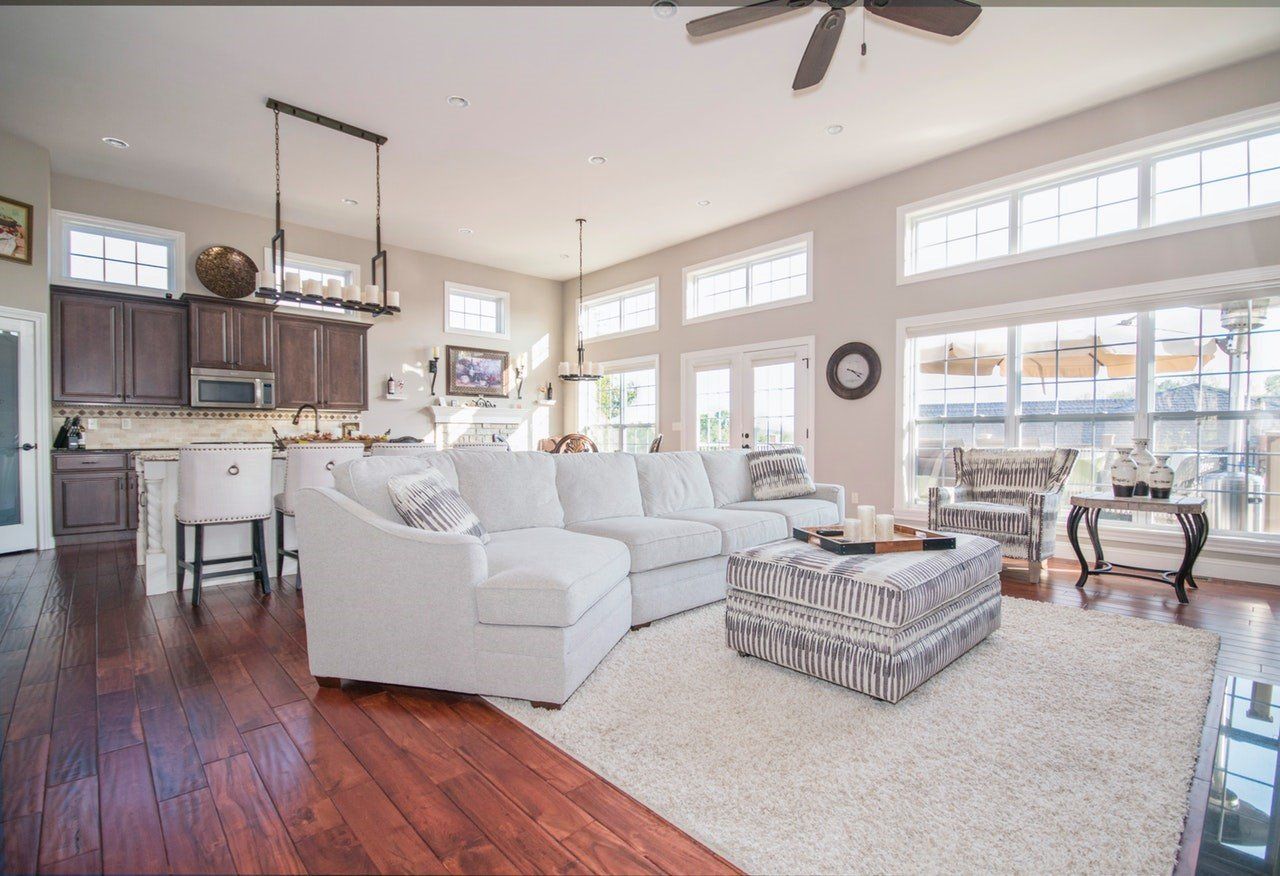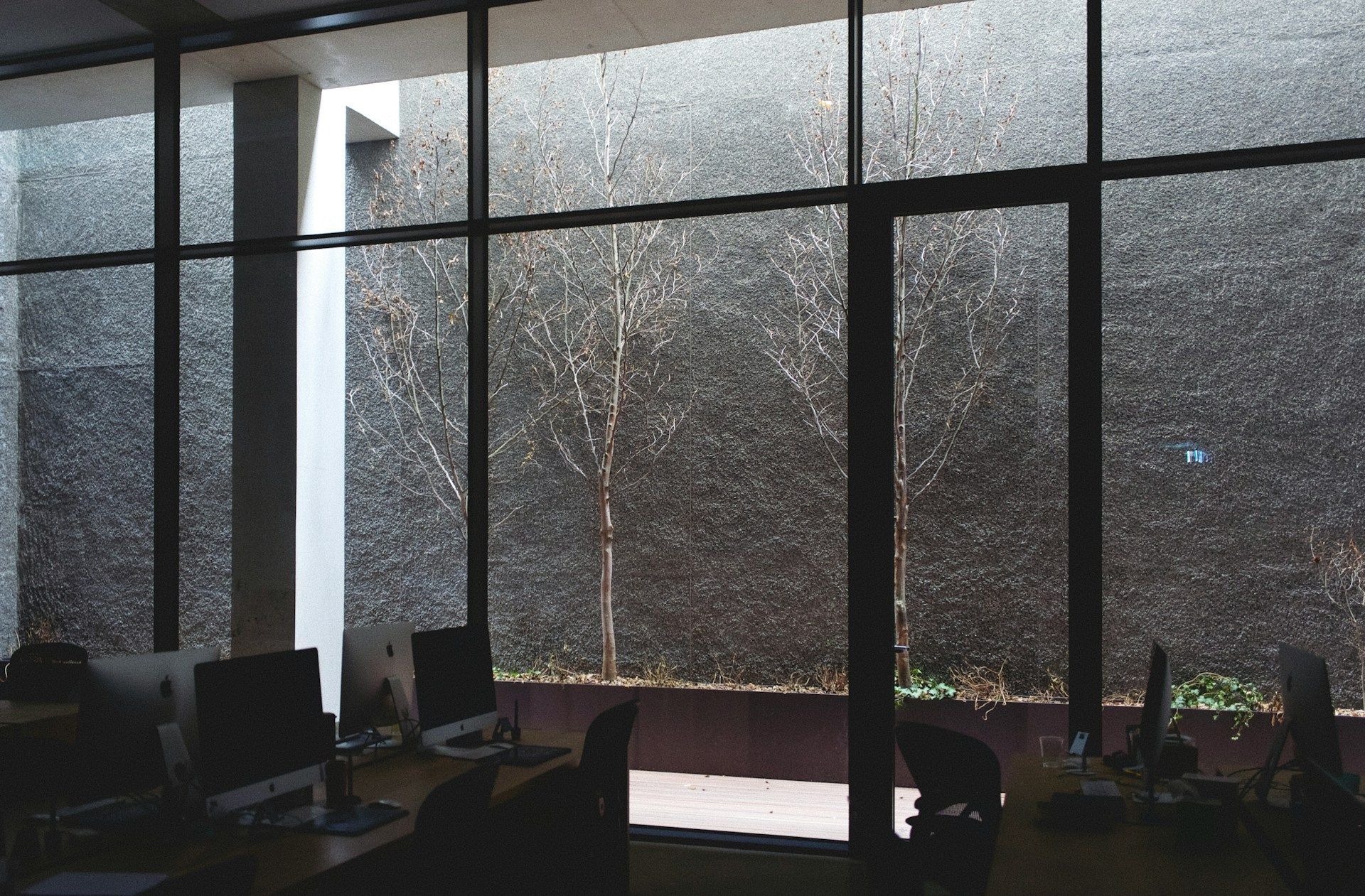The Many Types of Tint: Home Window Tinting Options and Their Benefits
Considering tinting the windows of your home but don't know where to start? Learn about the different types of tint so you can make an informed decision.
Window tinting used to be most common for car windows. But this is changing as consumers become aware of the numerous advantages of residential window tints. Since 2014, reports have shown that residential window tinting has increased by almost a third.
Considering that window tint can slash your electricity bills, protect you from harmful UV rays, provide privacy and increase the strength of your windows - this is not surprising!
If you also want to join the ranks of homeowners reaping these benefits, then the first thing you need to do is find out which types of tint will suit your specific needs.
Read on to find out everything you need to know about the different window tinting types.
Decorative Tinting
Decorative window tinting is made using dyes. This type of window tinting is mainly used for decorative purposes and is the cheapest of all types of tinting for homes.
Dyed window tinting will not block out UV rays, or increase window strength, but it can increase privacy.
Decorative window tinting comes in a variety of patterns, designs, and colors. It can be used to add an interesting design element to your windows and at the same time offer extra privacy.
For example, decorative window tinting can be a great solution in bathrooms that do not have frosted windows.
Best for:
- Decorative purposes
- Privacy purposes
Metalized Film
Metalized film is one of the more durable window tint types. Instead of dye, metalized film contains tiny particles of metal. These micro metal particles work to reflect light and heat away from the film. This layer also acts to reinforce the film and increases the strength of windows to which it is applied.
The metal particles in metalized window tinting film types are not visible to the eye. The metal particles do however make the film reflective on the outside. This creates a one-way mirror effect and is ideal if you need a window tint for maximum daytime privacy and nighttime privacy for your home.
Metalized tint is longer lasting than a decorative tint and is less likely to fade or flake. Metalized tint is one of the tint types that can save you money over time by blocking infrared light and regulating your home's temperature. It also blocks a portion of UV light rays.
Best for:
- Privacy purposes (acts like one-way glass)
- Enhancing window strength
- Blocking some UV rays
- Regulating temperature
When used in cars, this type of tint can interfere with cellphone, GPS and radio signals thanks to the metal content.
Carbon Film Tint
Carbon window film is a non-reflective home window tint because the carbon incorporated into the film does not have reflective properties. This creates a matt finish. The matt finish of carbon film tint makes it a tasteful option to choose for your home. Especially on windows where you do not need complete privacy.
Carbon tint film keeps out up to roughly 40% of heating-causing infrared light and a good portion of harmful UV rays. UV rays have been shown by science to be a proven cause of premature aging of the skin. They are also associated with skin cancer.
Having a carbon film on your windows means you will be protected from aging UV light in your home. Your home's temperature will also be modulated, as carbon window film keeps out heat in summer, and it also acts to retain heat in winter.
Carbon film window tint types also work to protect furniture, curtains, and carpets from sun damage.
Best for:
- Daytime privacy needs (provides some privacy in the day but is still transparent from the outside)
- Increasing window strength
- Blocking UV rays
- Regulating temperature
- Protecting furniture from sun damage
If you install carbon film on your windows, you may find that your air conditioner will not need to run as hard, nor your heating system. And you won't have to worry about sun damage happened to items around the window, or to your skin!
Ceramic Film (Non-Reflective)
Ceramic window film is the most expensive of window tint types. It does not contain any dyes, metal or carbon. Instead, it is made using microscopic particles of ceramic. Because of the properties of ceramic, this makes ceramic window film both non-conductive and non-reflective.
Ceramic window film is a newer product than the other window tinting film types. However, it has already proved to be a top performer, cutting out up to 50% of infrared light and up to 99% of harmful UV rays. Ceramic window film will also stand the test of time and surpasses all other types of tinting in terms of fading and glare resistance.
The ceramic particles within the film act to make it one of the strongest types of window film, and it will increase your window's strength considerably, making them almost shatterproof.
Best for:
- Tastefully non-reflective privacy uses (provides some privacy from outside but is still transparent)
- Enhanced temperature regulation
- Blocking almost all harmful UV light
- Protecting furniture from sun damage
- Increasing the strength of your windows to guard against burglary and storm damage
These capabilities of ceramic window film make it a top choice if you are looking for a non-reflective tint regulates that temperature of your home, blocks out almost all UV light, and renders your windows shatterproof.
The only con associated with ceramic window film is that it is the most costly film type. And if you want a window tint that is highly reflective, then you should rather consider metalized film.
Now You Know About All the Types of Tint
Window tints are a great way to decorate your windows, increase privacy, modulate the temperature in your home, reduce heating and cooling costs, block UV light and up the strength of your windows.
That's a lot of benefits!
Now that you know the capabilities of all the different types of tint, nothing is stopping you from taking advantage of all of these great window tinting benefits.
If you are ready to browse some of the best window tints in town, check out our superior line of window tinting products.
Want to know more about how window tint can benefit your home, just contact us for a free in-home estimate.













